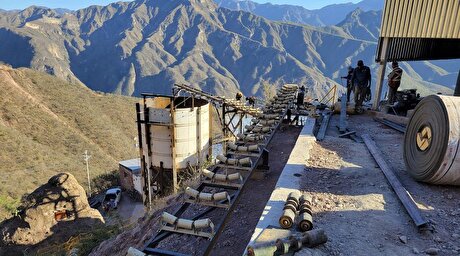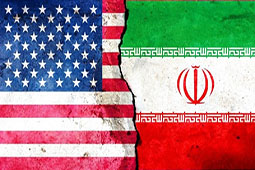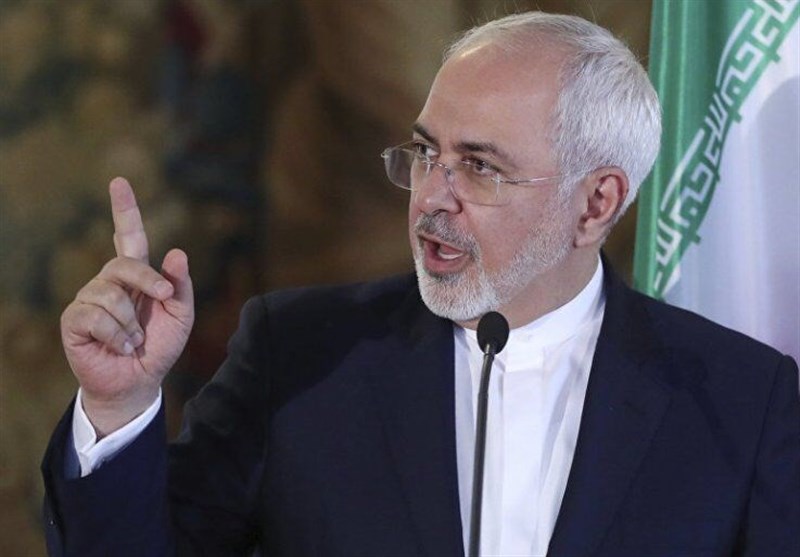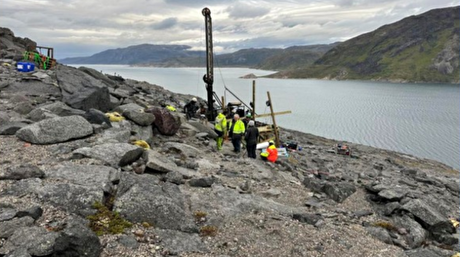
Iran Reserves Right to Counter US Economic Terrorism: Zarif

“Today, Iran is taking its second round of remedial steps under Para 36 of the JCPOA. We reserve the right to continue to exercise legal remedies within JCPOA to protect our interests in the face of US #EconomicTerrorism. All such steps are reversible only through E3 compliance,” Zarif said on his official Twitter account on Sunday.
“Having failed to implement their obligations under JCPOA—incl after US withdrawal—EU/E3 should at minimum politically support Iran’s remedial measures under Para 36, incl at IAEA. E3 have no pretexts to avoid a firm political stance to preserve JCPOA & counter U.S unilateralism,” the top diplomat tweeted.
Iran on Sunday declared the second step to reduce its commitments by ramping up the level of uranium enrichment to over 3.67 percent.
President Hassan Rouhani had warned on Wednesday that the second step of reduction in Iran’s commitments would take place on Sunday, saying, “On July 7, the level of (uranium) enrichment in Iran will not be 3.67 percent anymore, as we will abandon such a commitment and increase it (enrichment) to any amount that we need.”
Iran maintains that the new measures are not designed to harm the Joint Comprehensive Plan of Action (JCPOA), but to save the accord by creating a balance in the commitments.
Iran and the Group 5+1 (Russia, China, US, Britain, France, and Germany) on July 14, 2015, reached a conclusion over the text of the nuclear deal.
The accord took effect in January 2016 and was supposed to terminate all nuclear-related sanctions against Iran all at once, but its implementation was hampered by the US policies and its eventual withdrawal from the deal.
On May 8, 2018, US President Donald Trump pulled his country out of the nuclear accord.
Following the US withdrawal, Iran and the remaining parties launched talks to save the deal.
However, the EU’s failure of ensure Iran’s economic interests forced Tehran to stop honoring certain commitments, including an unlimited rise in the stockpile of enriched uranium.


Locksley Resources forms US alliances to establish domestic antimony supply chain

Critical Metals, Ucore ink 10-year offtake deal to supply rare earths to US plant

Equinox Gold kicks off ore processing at Valentine mine

India considers easing restrictions on gold in pension funds

















